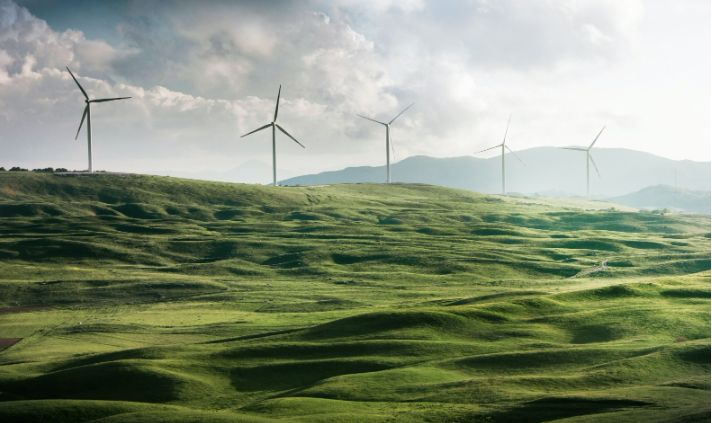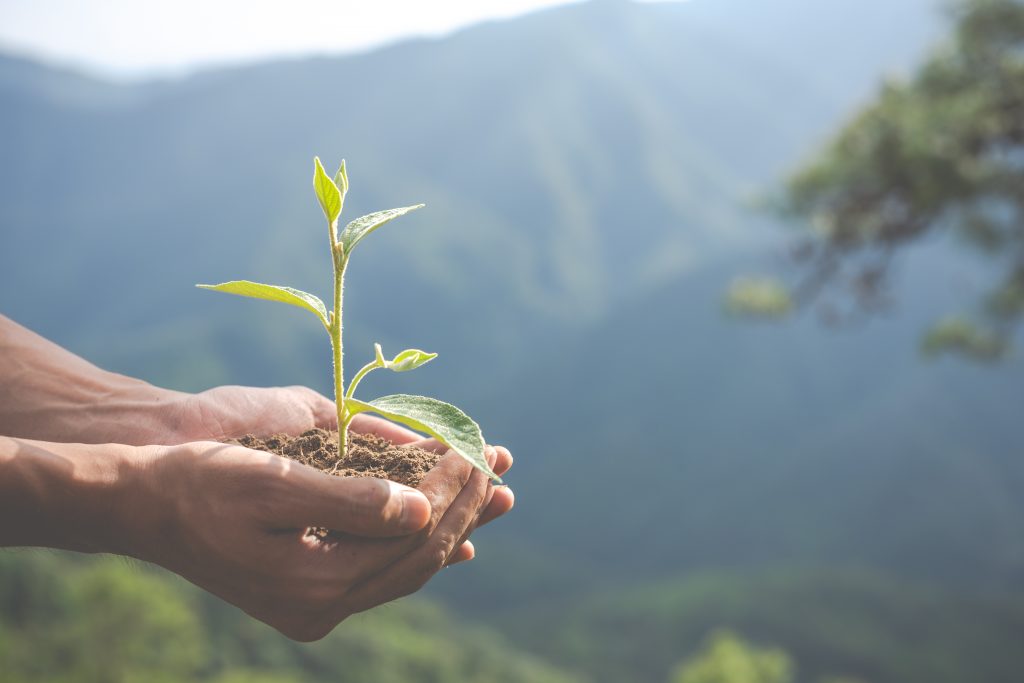Spain, spearheading green hydrogen

2Oth of June
Experts see renewable hydrogen as one of the keys to achieving the decarbonization of the planet.
Achieving a different world in 2050, one that is more efficient, sustainable and powered by clean energy, is one of the goals set by countries around the world. According to experts, green hydrogen, also known as renewable hydrogen or e-Hydrogen, is one of the keys to achieving the decarbonization of the planet.
This fuel is the best innovation in recent years to combat the greenhouse effect because this sustainable energy source leaves no polluting residues in the air. This technology is based on the generation of hydrogen through a chemical process known as electrolysis. Hydrogen is very powerful: it has three times more energy than gasoline. But, unlike gasoline, it is a clean source of energy, since it only releases water in the form of steam and does not produce carbon dioxide.
The complication lies in the fact that there is no pure hydrogen on Earth: the water molecule must be broken down to separate it from the oxygen. An energy source is needed to carry out the process, so using electricity from renewable sources produces a fully sustainable product.
The current demand for hydrogen is in the order of 80 million tons per year, which means a worldwide production, for use in different applications, of more than 500 bcm3 (billion cubic meters, or cubic kilometers) per year. Approximately 95% of the different production technologies use fossil fuels, resulting in an annual global CO2 emission of 830 million tons, between 70 and 100 million tons in the European Union alone.
Therefore, for hydrogen production to make a significant contribution to achieving the decarbonization targets set by the European Commission for the next 30 years, it is essential to increase the production of green or renewable hydrogen and promote the development of the technologies that enable it.
In this regard, each EU Member State has had to develop its own integrated national energy and climate plans (INECPs) 2021-2030, which include the strategies to be followed. Spain presented its plan last January, with general objectives of decarbonization and energy efficiency and a series of specific objectives, including those related to “low-carbon and clean energy technologies”. For these, a series of Research, Development and Innovation (R&D&I) strategies are proposed, such as the integration of renewable energies and the promotion of hydrogen as an energy vector.
The development of a hydrogen economy will therefore be an opportunity for companies, technology centers and investors, for the generation of employment and the activation of the economy, as well as to achieve the goal of a total ‘decarbonization’ of the different economic sectors set for 2050.



